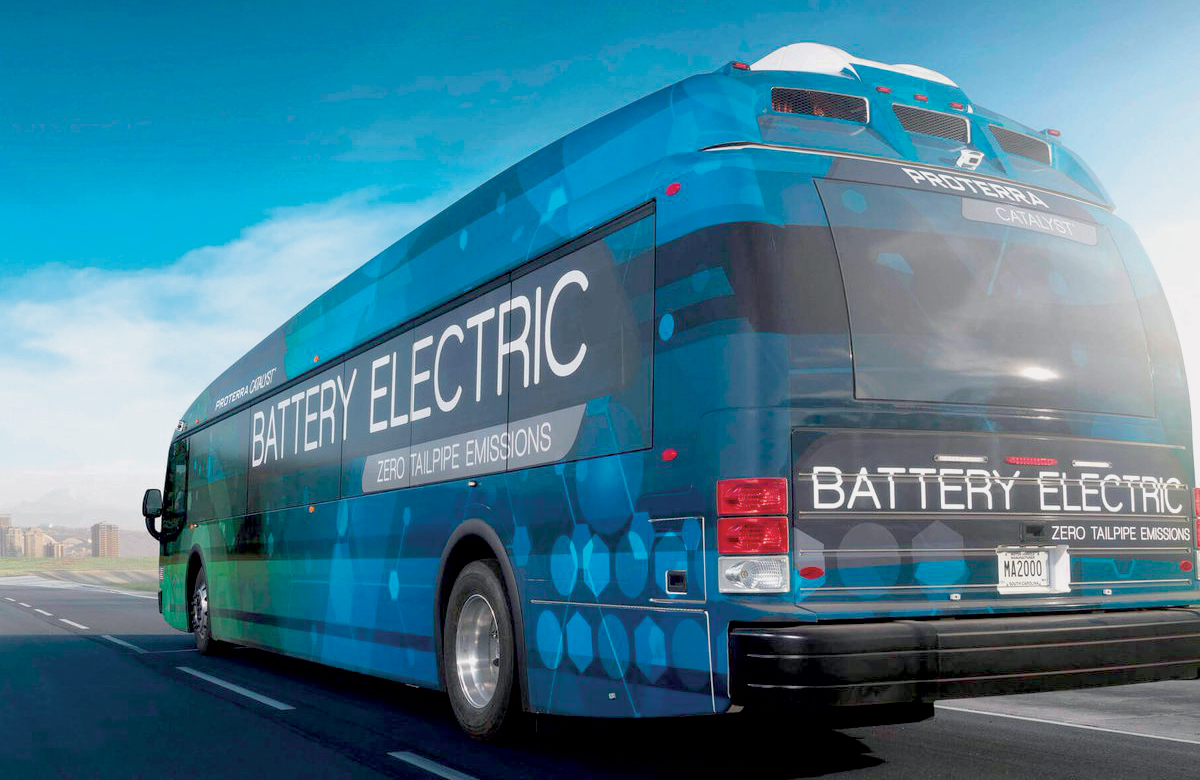

Muscat, Jan 13 - Public transportation based on Electric Vehicles (EV) has significant promise in the Sultanate, provided the relevant policymakers and government authorities initiate the requisite regulatory and market-stimulating measures to support the introduction of carbon-free mobility systems, according to a Muscat-based sustainable solutions expert.
Dr Oualid Ali (pictured), Founder and President of the Future Cities Council — a prominent online ecosystem that advocates for Sustainable Smart Cities — said Oman should act proactively to prepare the country for a future based on electric cars, notably by putting in place the required legislative and infrastructure frameworks.
“Electric Vehicle (EV) based public transportation has great potential in Oman, but this will require serious action by decision-makers, such as the Ministry of Transport and Communications, and stakeholder agencies, like Asyad Group, for example,” Dr Ali stressed.
He was speaking ahead of next week’s eMobility Forum — a global event that seeks to support the Omani government’s ambitions to prepare the Sultanate for a smart, electric, connected and autonomous low-carbon mobility future. The day-long event, set to take place at the Hormuz Grand Muscat on January 20, has been organised by Global EVRT, a UK-based organisation that advocates for accelerated electric vehicle adoption in the creation of smart and sustainable societies.
Dr Ali, who is also Director of the Training and Smart Solutions Centre (TSSC) at the German University of Technology in Oman (GUtech), will deliver a keynote address on the theme, ‘Electric Vehicles for Future Smart and Sustainable Cities: Opportunities and Challenges for Oman’.
In comments to the Observer, the expert said the world has little choice but to embrace low-carbon mobility solutions in the face of formidable challenges such as runaway population growth, urbanization, and climate change.
“Two-thirds of the global population will be living in cities by 2050 where mobility becomes the lifeblood of these cities,” said Dr Ali. The future of transportation, he pointed out, will not be based on electric vehicles alone. “We should also think of autonomous mobility, connected mobility, and Mobility as a service (MASS) and we should prepare the full ecosystem for such modes of future mobility,” he stressed.
In this regard, he urged Oman to make a greater commitment to the embrace of Electric Vehicle based transportation. “We should be aware that the current trends are in favour of Electric Vehicles — prices are down, ranges are higher, and luxury is still the norm, as is evident from the latest Tesla models. Moreover, we should keep in mind that fossil-based motor fuels are not going to last forever, with a majority of Original Equipment Manufacturers (OEMs) likely to move away from fuel-based cars in the near future.”
Dr Ali recently helped establish the Future Cities Council, which he describes as an online ecosystem platform that encourages individuals and organisations from the quadruple helix — academia, government, industry and civic society — to come up with ideas and solutions to solve the problems and challenges of the future in general and particularly for future cities.
A keen proponent of Smart Cities, the expert sees information technology playing a critical role in the growth and sustenance of urban neighbourhoods where its inhabitants can enjoy a certain quality of life, while also caring for the environment and the planet. Electric Vehicles, along with the Internet of Things (IoT), Big Data, and so on, will be vital to the success of Smart Cities, he noted.
Oman Observer is now on the WhatsApp channel. Click here



